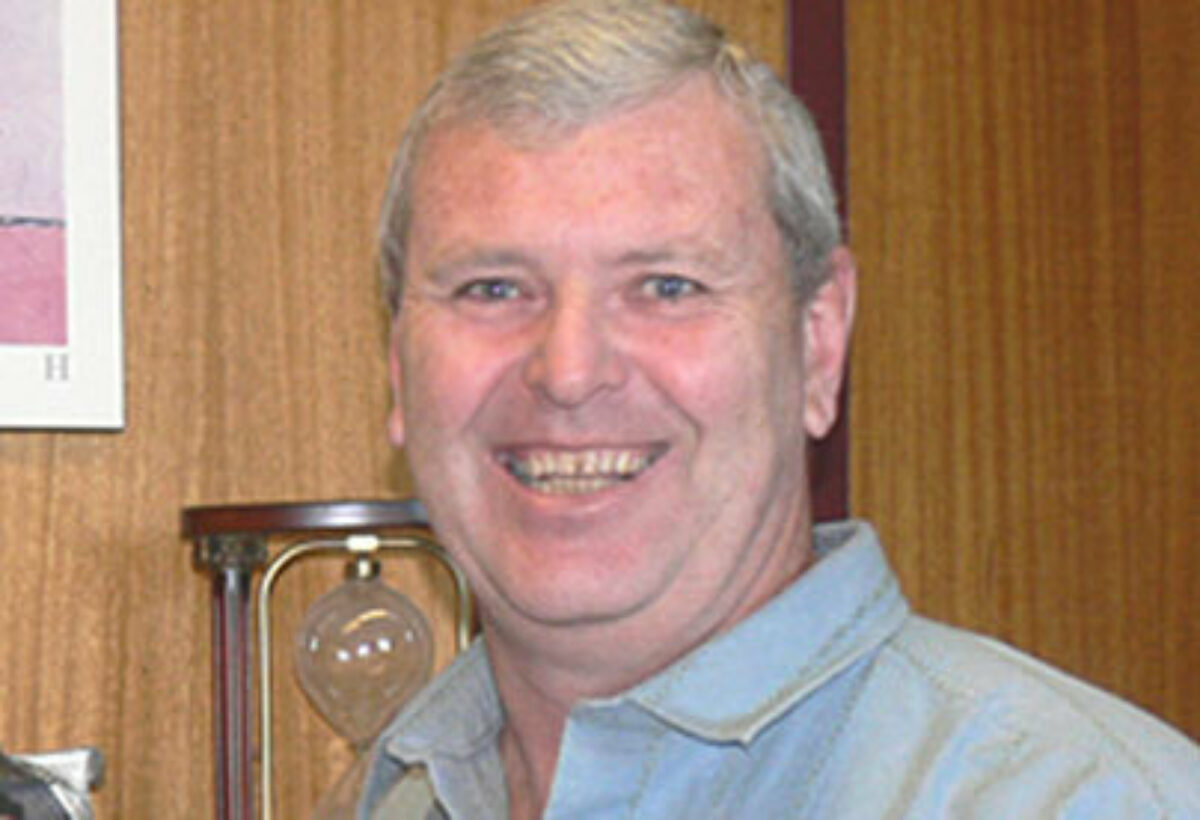Montreal teacher vows to continue teaching youth CPR after retirement

After 34 years of teaching and 14 years teaching the ACT High School CPR Program, Montreal resident Russell Haliburton is retiring.
But he doesn’t want to let that get in the way of continuing to deliver CPR training to students.
“One of the things I’d love to do is continue with the program and teach it to other schools,” said Russell. “I haven’t been able to do this because as a full-time teacher I just haven’t had time.”
Russell has been teaching the ACT program to the Grade 9 students at LaurenHill Academy since the program pilot in 1996.
“We are big believers in the fact that this program is one of the most important things that kids learn in high school,” said Russell. “We are giving them the opportunity to save a life.”
Russell says that he and two other senior phys-ed teachers at the school have come to really believe in the program over the years.
“We’ve all had parents, alive or dead, who have suffered from coronary heart disease,” said Russell. “It is the best thing we teach. It is a lifelong skill that saves lives, and nothing else teaches that.”
Russell said that sometimes students don’t think they will use the training, and during their physical education time they would rather be playing football or basketball.
“Some say, ‘what are the chances?’” said Russell with a laugh. “Well, that is what my student Jonathan thought.”
Jonathan Pizzicarola is one of Russell’s students that wasn’t so sure about learning the ACT Program. But shortly after Russell taught him the program, Jonathan used the skills in an emergency at work.
“He quite literally bounded into my office and said: ‘hey, I just used that CPR stuff you taught me,’” recalled Russell.
An older gentleman had collapsed at the hotel where Jonathan worked, and Jonathan had the courage to step in and help.
“I touched his neck to check his pulse and couldn’t find one,” said Jonathan. “So I told the woman who grabbed me to call 911.”
“He secured the scene,” said Russell. “He had the man in the right position. He had the people getting help. He had the paramedics coming. Everything was correct for when the doctor on site stepped in.”
“Russell is an outstanding example of the critical role that teachers play in empowering youth,” said Sandra Clarke, Executive Director of the ACT Foundation. “Because of Russell and his passion for CPR training, hundreds of youth are trained to save lives every year. That he will continue this even in retirement will make a huge difference in the lives of many youth and their families.”
“Is it passion or is it common sense?” said Russell.
“I try not to make a big deal out of it when I’m teaching it,” said Russell. “I tell the students that these things happen. Life happens to you. Emergencies happen. You need to be prepared, go back to your training, and act.”
“Sure, I’m going to do other things when I retire,” said Russell, “But I’m not going to be on vacation all the time. I enjoy teaching the program and it’s something I do well, so why quit?”
The ACT High School CPR Program was made possible in LaurenHill Academy thanks to the generous support of ACT’s Quebec provincial partners: J.W. McConnell Family Foundation, McKesson Canada, the Quebec Ministry of Health and Social Services, the Quebec Ministry of Education, Recreation and Sports, Scotiabank and Sun Life Financial. Mannequins and curriculum resources were donated to the school and the teachers were trained as CPR instructors for their students.
Also responsible are ACT’s core partners, companies in the research-based pharmaceutical industry: AstraZeneca, Bristol-Myers Squibb Canada, Pfizer Canada and sanofi-aventis. They provide ACT’s sustaining funding and are committed to the Foundation’s Quebec Program and national goal of promoting health and empowering Canadians to save lives.
The Advanced Coronary Treatment (ACT) Foundation is an award-winning, national charitable organization dedicated to establishing CPR in high schools across Canada. ACT raises funds to donate mannequins, teacher training, manuals and other materials to schools and guides schools in program set-up and long-term sustainability. Teachers teach CPR to their students as a regular part of the curriculum. More than 900,000 youth have been trained in CPR through this lifesaving program to date.
